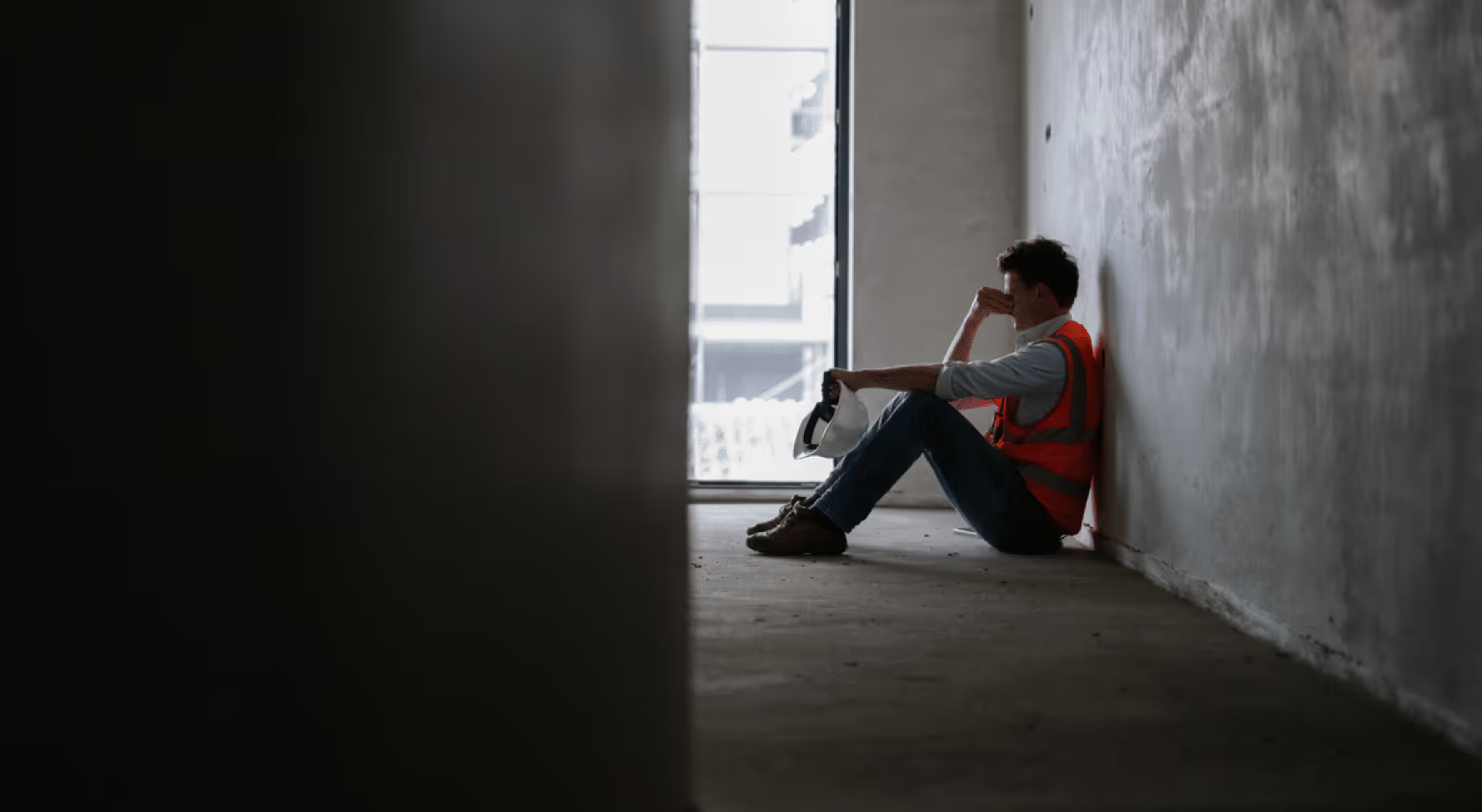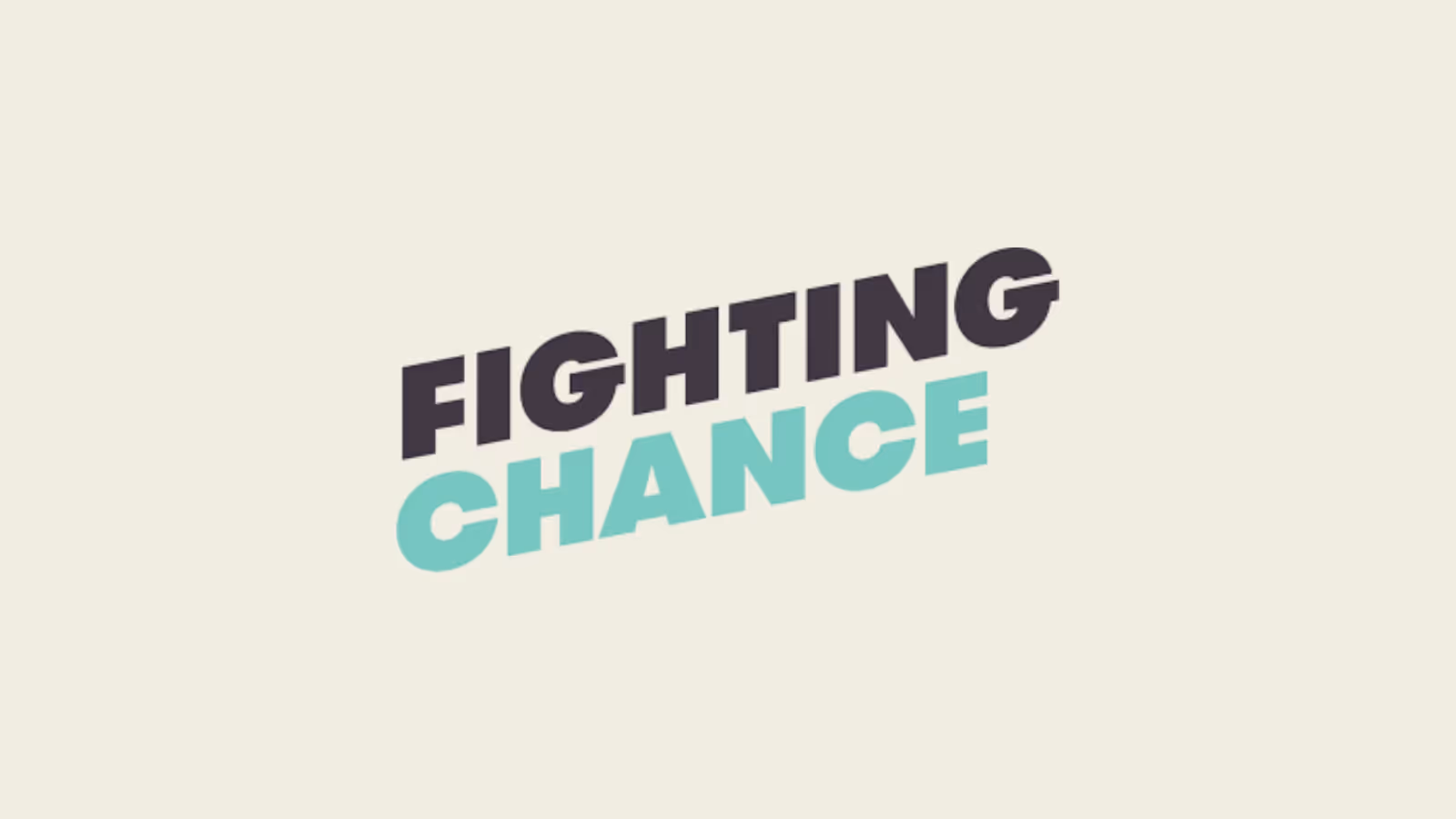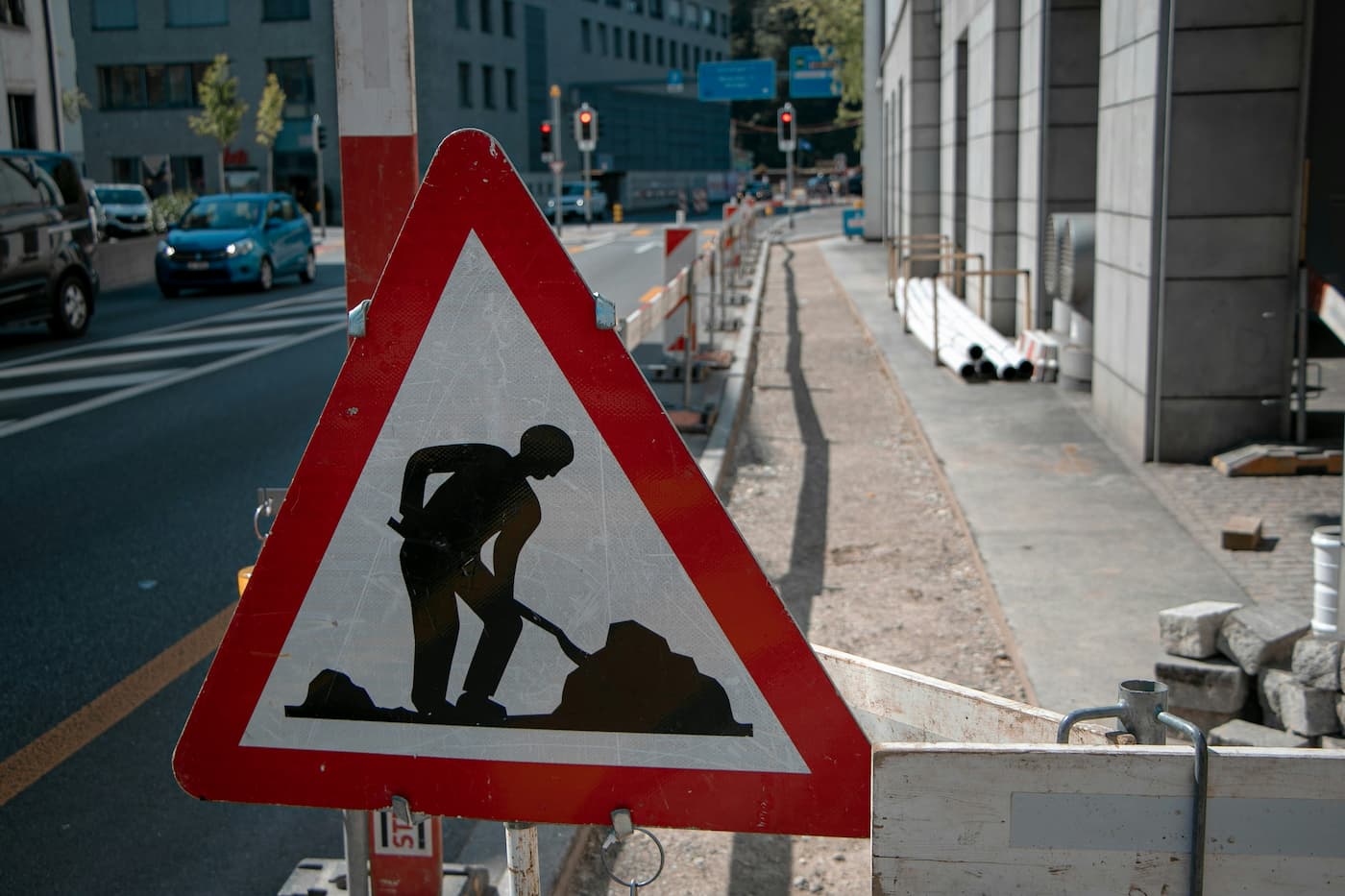Responding To A Critical Incident At Work
Learn how to respond to critical incidents at work with practical guidance.

Every workplace, regardless of size or industry, is susceptible to critical incidents—unexpected events that can cause significant disruption and stress. Whether it’s a natural disaster, a violent incident, or a sudden health crisis, these events can have profound impacts on employees and operations.
The way a company responds to a critical incident can have a big impact on how well people cope. By understanding and implementing a structured approach to these unforeseen events, businesses can protect their most valuable assets—their people—and maintain continuity.
What is a Critical Incident?
A critical incident is a sudden, unexpected, and overwhelming event that is out of the range of expected experiences. Critical incidents may invoke feelings of intense fear, helplessness, horror or completely out of control.
After such an abnormal event, most people experience strong reactions over varying time periods on a case-by-case basis.
A critical incident could involve, or be witness to:
- Workplace fatality or near miss
- Being involved in or witnessing an accident
- A serious injury
- Mental health crisis
- Physical or sexual violence
- A natural emergency or disaster
Examples Of What Critical Incidents Look Like
Example 1: Severe Workplace Injury
A construction worker is struck by falling debris, resulting in a serious head injury. Colleagues witness the incident, leaving many distressed and concerned about safety on-site. Emergency services transport the injured worker to the hospital, while management initiates the critical incident plan, providing Psychological First Aid (PFA) within 48 hours and offering ongoing support through the Employee Assistance Program (EAP).
Example 2: Customer Violence
An aggressive customer threatens retail staff and shoppers with a weapon during a busy trading period, causing widespread panic. While no physical injuries occur, employees report feeling traumatised and unsafe returning to work. Management responds with on-site trauma support, counselling through the small business EAP, and immediate reviews of workplace security to reassure staff and prevent future incidents.
The Impact of Critical Incidents
Critical Incident Stress
Most instances of critical incident stress last between two days and four weeks. Normal responses to stress include physical, emotional, cognitive, or behavioural. Individuals express stress in different ways and therefore manifest different reactions. Only a small number of people will go on to experience a diagnosable psychological or psychiatric illness, such as post-traumatic stress disorder (PTSD).
Most people are able to recover from a critical incident with time and support from loved ones, but some people will go on to develop higher levels of distress and potentially conditions like depression, anxiety and PTSD
People who have previous experiences of trauma can be particularly vulnerable to struggling after a critical incident, but people who have no previous experience of trauma can also struggle too
Post Traumatic Stress Disorder
Post Traumatic Stress Disorder differs from critical incident stress by lasting longer than four weeks after the event. A disorder characterised by failure to recover after experiencing or witnessing a terrifying event.
The condition may last months or years, with triggers that can bring back memories of the trauma accompanied by intense emotional and physical reactions.
Symptoms may include
- nightmares or flashbacks
- avoidance of situations that bring back the trauma
- heightened reactivity to stimuli
- anxiety
- depressed mood
Our Approach to Critical Incident Response
Psychological First Aid
Psychological first aid is a psychosocial support activity that helps people affected by a traumatic event. It includes basic principles of psychosocial support to promote natural recovery.
This involves helping people feel safe, connected to others, calm and hopeful, and ensuring access to physical, emotional and social support.
Psychological first aid aims to reduce initial distress, meet current needs, promote flexible coping and encourage adjustment. Psychological First aid is is based on the best practice guides for managing trauma from Red Cross and WHO.
It is not useful – and may be harmful – to directly talk to about what happened to them if they do not want to. If a person wants to discuss their experiences, it is useful to provide them with appropriate support. Psychological first aid is:
- NOT debriefing
- NOT obtaining details of traumatic experiences and losses
- NOT labelling or diagnosing
- NOT something that everybody who has been affected by an emergency will need.
The Importance of Timely Support
Individual responses to critical incidents will vary, and most people will go onto recover with the support of friends, loved one and a supportive community. In the short-term providing brief check-ins to normalise symptoms and ensure individuals know what supports are available can be helpful.
Support from counsellors in the very short term (1 day to 1 week after the incident) is often offered as support, but asking people to ‘re-live’ the traumatic incident immediately after it has happened can be unhelpful
The best form of support for people who have been involved in a critical incident and are struggling is providing counselling support over the short (weeks), medium (months) and long (years) term.
How We Provide Holistic Support
Foremind’s critical incident response offers support across the whole timeline. We are committed to lessening the impact of critical incidents by providing best-practice support following an incident.
Our critical incident response will be available to guide you through how to handle the immediate aftermath, to working with people in your team who are vulnerable, to supporting people who need help months or years after the event.
We also provide training to leaders and managers to upskill them in how to respond in the event of a critical incident and support organisations to roll out evidence-based approaches to support their staff.
Want to lessen the impact of critical incidents on your most important asset, your staff? Get in touch now.
Related Content
- Mental Health In Construction
- Importance of Mental Health At Work
- What is an Employer’s Duty Of Care?
- PCBU Responsibilities
- Cost of EAPs Explained

Hello 👋 I’m Joel the founder of Foremind.
Are you ready for simplified support & compliance?
Latest insights
Answers to the frequently asked questions.
Still have questions?
Email us at enquiries@foremind.com.au and we'll get back to you quickly with a response
Yes, we have culturally competent counsellors available, including those able to work with first nation and CALD employees.
Onshore on secure AWS Servers in Sydney Australia. All data is encrypted in transit and at rest and our entire team is located in Australia.
Employees can access our platform on any device (mobile, laptop, desktop, etc.) as long you have the website link - no need to download any app on devices. You wouldn’t need to enrol any of your staff individually.- When we do our onboarding, we ask for the first name, last name and email of all your employees, and send out an email invite to all them which will allow them to create their own individual account to access the platform. For new staff we can also invite them or provide you with a unique link to embed in your onboarding process, whichever is more convenient for you. We also kick things off with a launch webinar or video to make sure everyone is aware of Foremind and how to use it. We’ll also provide you with any collateral such as posters, QR codes, brochures etc. to help drive awareness and encourage people to create an account in the platform.
The support line is answered by our reception service 24/7. It is for urgent platform or session-related issues only (e.g. *“My counsellor didn’t show”*) or helping staff create an account.





